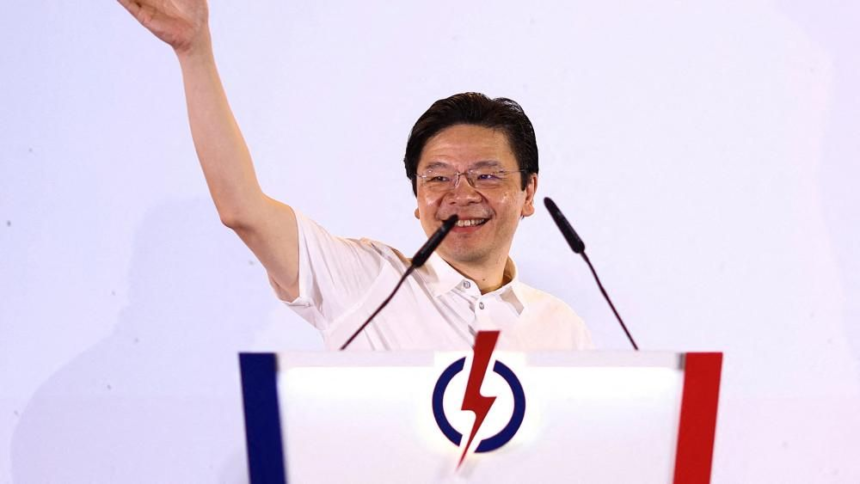Introduction
As tensions rise across the globe, from armed conflicts to economic uncertainty, Singaporeans appear to be doubling down on political stability. Recent polls suggest that fears of global instability are reinforcing support for the ruling People’s Action Party (PAP), a trend consistent with Singapore’s historical preference for continuity during uncertain times. This blog explores the top five reasons driving voter alignment with the PAP ahead of the 2025 general elections.

1. Trust in Stability and Proven Leadership
Singapore has long been known for its stable governance, a key selling point of the PAP. With global uncertainty—such as the Ukraine war, U.S.-China tensions, and Middle East unrest—voters are increasingly seeking a government with a proven track record. Under Prime Minister Lee Hsien Loong, and potentially his successor Lawrence Wong, the party continues to project an image of steady hands during turbulent times.
2. Fear of Economic Repercussions
Global instability often translates to economic volatility. With inflation concerns, disrupted trade routes, and geopolitical tension impacting markets, Singaporeans are looking for a government that can cushion economic shocks. The PAP’s fiscal policies, past stimulus measures, and robust reserves are seen as tools of resilience in the face of global headwinds.
3. Strong National Security and Foreign Policy
Singapore’s careful foreign policy balancing act—especially in maintaining neutrality between major powers—has resonated with voters. The PAP’s diplomatic approach amid escalating U.S.-China rivalry has kept Singapore relatively shielded from external shocks. Voters value this perceived safety, especially as other countries in the region face greater instability.
4. Low Tolerance for Political Risk
Singaporeans are generally cautious about experimenting with political alternatives, particularly when international risks are high. With global democracies experiencing polarization and unrest, the consistency of the PAP offers reassurance. Opposition parties, while gaining ground, are still seen as untested in crises.
5. Media Narratives and Government Messaging
The government’s communication strategy, supported by state-linked media, has emphasized the dangers of global instability. By highlighting Singapore’s vulnerable position as a small nation, the messaging reinforces the idea that only a strong, experienced government can safeguard the nation’s future. This framing resonates with voters who fear external threats and internal disruption.
Conclusion
In a world beset by uncertainty, many Singaporeans are opting for political continuity. The PAP, despite criticisms, is benefitting from its image as a safe pair of hands. As the 2025 elections approach, the influence of global instability on local voter behavior is becoming increasingly clear. For observers of Southeast Asian politics, Singapore remains a key case study in how international turbulence shapes domestic choices.
Explore More: How Geopolitical Tensions Are Shaping Asia’s Elections










